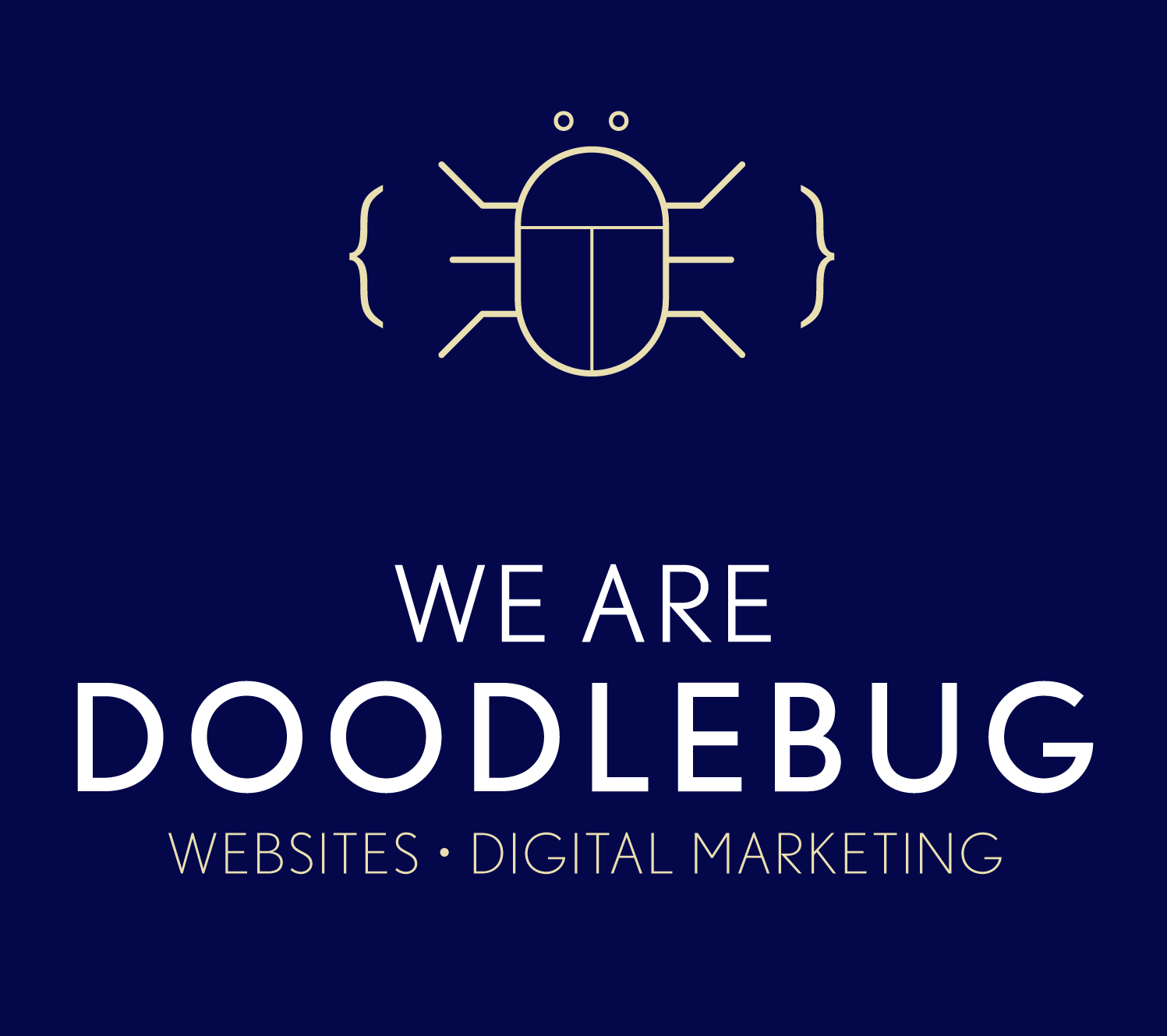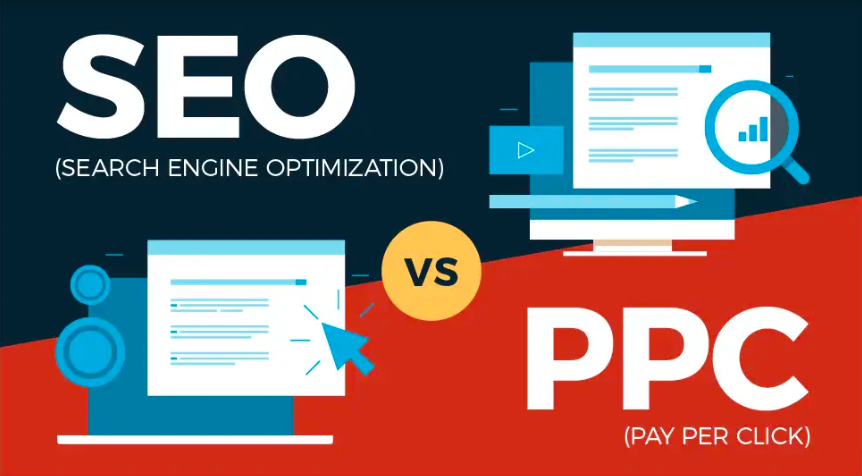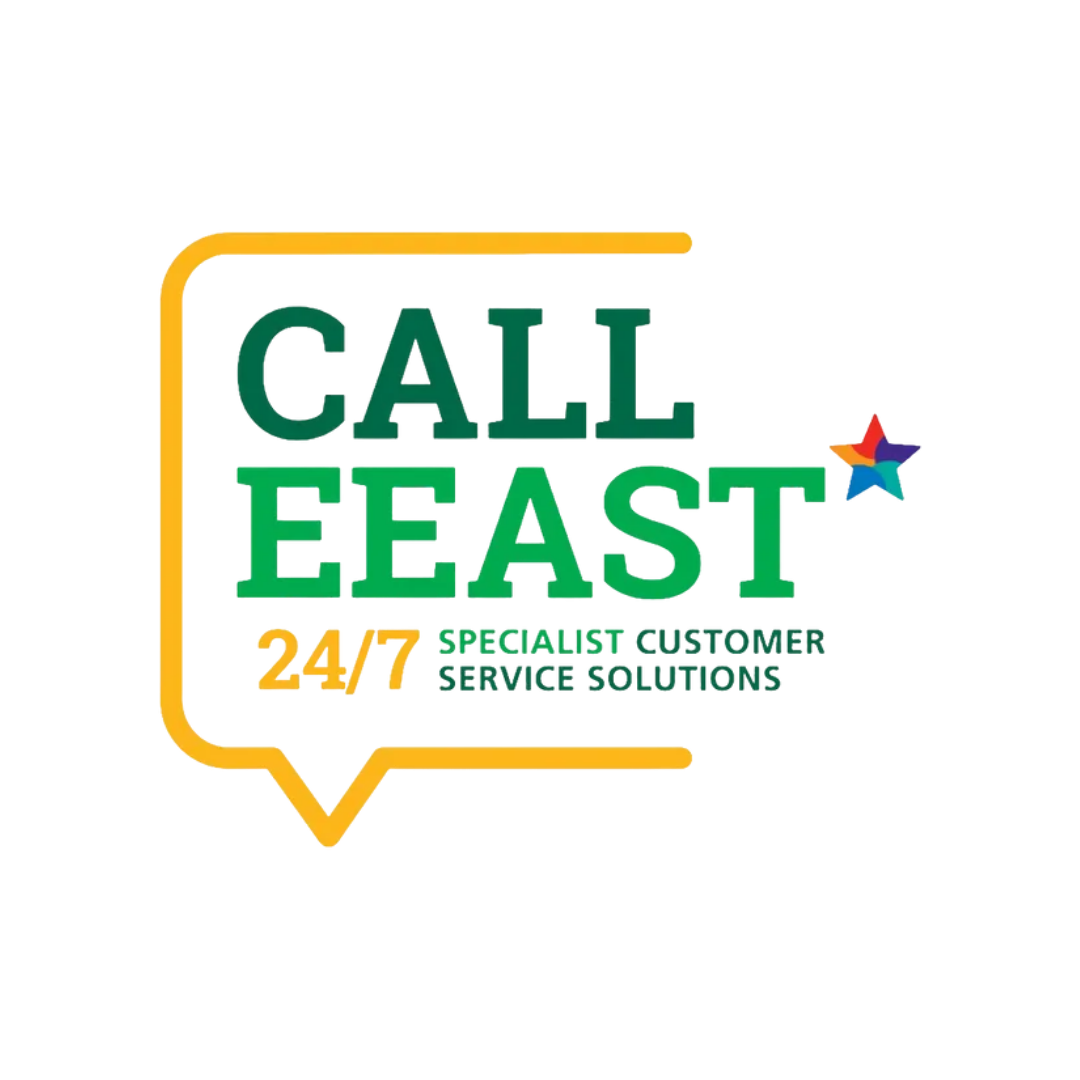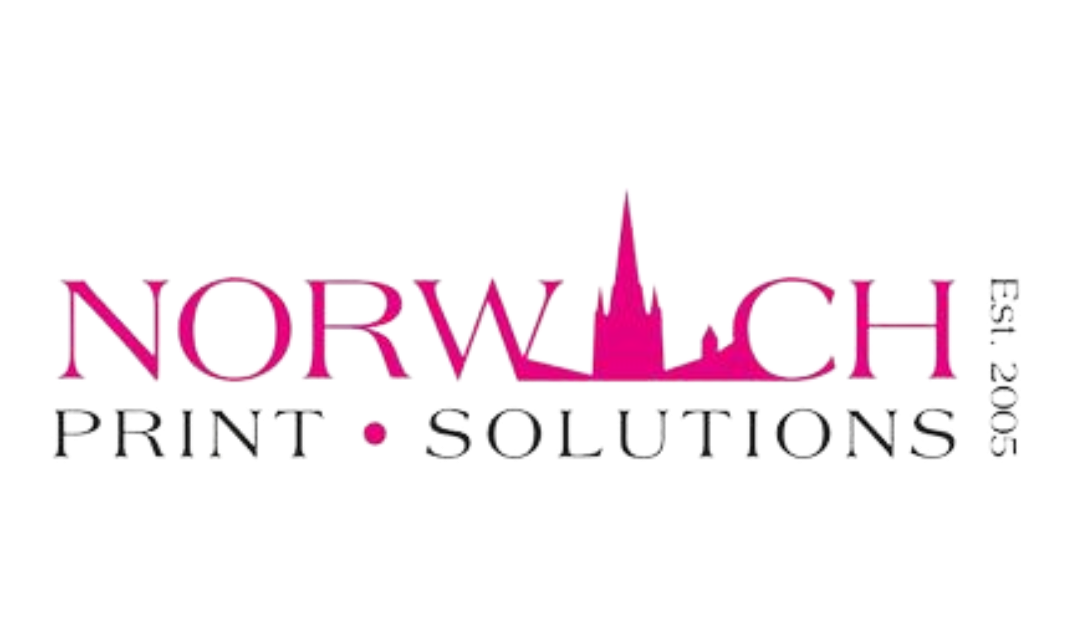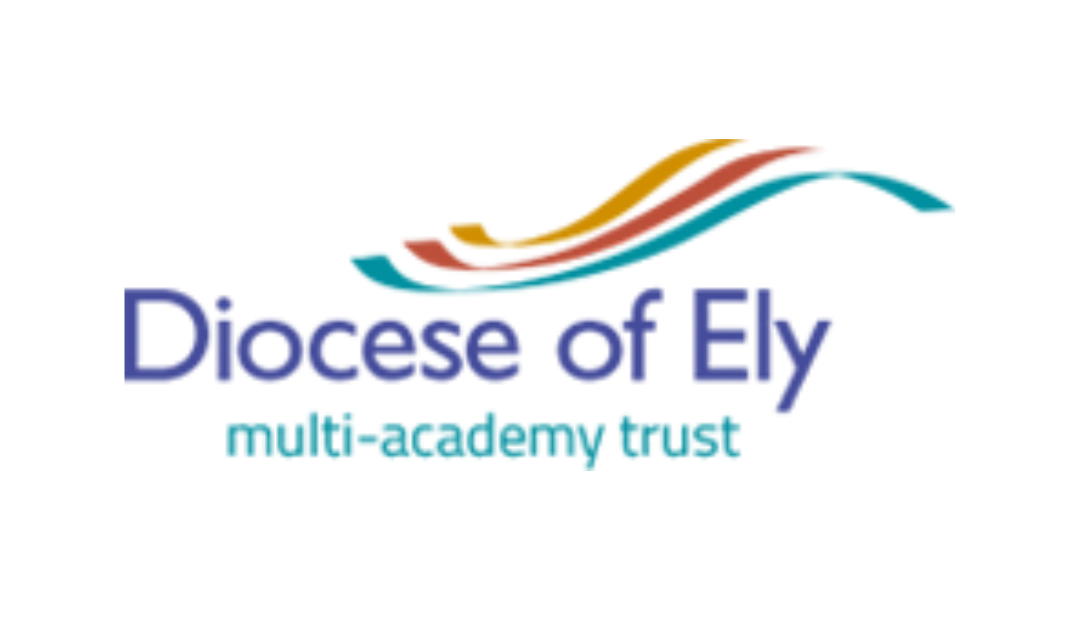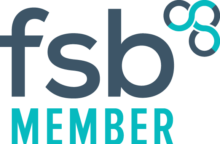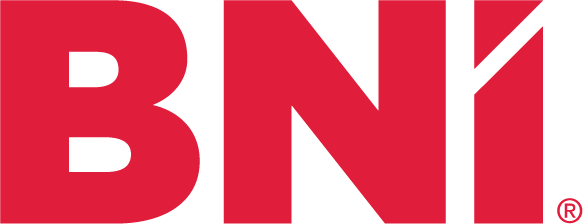Clarity - communication is two way!
Clarity - communication is two way!

We are the experts, right? We have a wealth of knowledge to impart and everyone should be listening hard! Here’s the thing - it might be counter-intuitive but being heard means listening first.
People have varied responses to change. The way I have approached life has been about taking a view of what was happening around me, and working out how I could make the most of it. That mindset - investigative and ambitious - meant when things didn't go my way, I tended to look for change.
To see why this works, I recommend a book called ‘Who Moved My Cheese?’ by Dr Spencer Johnson. It was handed to me by a 12 year old who wanted me to know the terrible times she had been through didnt define her and she had a philosophy that would carry her through. It clarified the importance of being active, if your cheese is moved - go and look for it. In times where I have forgotten this, I am grateful to her for gifting me the book. Sometimes you can’t see your own wood for the trees.
This perspective is paramount in my mind when we are working with a new client. I have to remember that they do not share my experiences and have often become extremely successful in their field by pursuing a very different path. Alongside that - their people are on their own journeys and this must be recognised to experience success.
Our stumbling blocks to avoid when implementing any kind of digital change are around the people, recognising their motivations, challenging assumptions, never assuming things were clear without checking.
As intimated before, in a previous life I would support schools and multi academy trusts with developing systems, processes and environments that promote positive behaviour and excellent support for children with additional needs.
Often people are surprised by my pivot into a more commercial setting - but a huge number of principles are the same.
- Leaders need coaching
- Staff need to be asked for their input
- Clients (either pupils or customers) need to be given the opportunity for input
- Everyone needs to understand their role in meeting the big objectives
Which is easy to write - right? But how?
Start by listening with clarity
As I said at the beginning - we are experts. We all are, in our respective fields. This makes us prone to two dangerous assumptions:
- We always know better then the ‘non-experts’ (in quotes as we are all experts in our fields)
- All would be well if everyone else did what they were told
That is a blunt way to put it - but however hard we work to bury it, this is exactly what crosses our minds when things become tricky.
When our environment changes, it is instinctive to rail against it.
However necessary, changes to work processes are scary, memberships become sacrosanct and badly managed change can lead to reductions in them, even a rebrand can really throw long time fans of a brand into turmoil.
To avoid destructive responses - you must listen, and you must respond to what you hear - Listen with Clarity.
But,
Everyone is not right!
Just because someone feels something is right, we must assess how it contributes to the end objectives.
Why are you instigating change? Improve the bottom line? Improve lives? Successful exit to your business?
All are valid - but recognising the reason for change is vital to understand how to approach the whole project.
Don’t assume that if your main driver is improving work-life balance for your staff they with automatically be ecstatic about it - overwhelmed people tend not to have a pragmatic view on workloads - they are caught in a cycle of grafting that leaves little head space to allow the cognitive load deep change requires.
If you forget this key tenet, the project will be - at best - sub-optimal. At worst the whole thing will go off the rails.
In this instance, key drivers will centre around survival - a really core instinct that comes about as a result of cognitive overload.
Workers who have no agency, no autonomy and no recognition are not happy workers. I am not advocating a flat democracy where every decision and policy is voted on by all and everyone has equal say - that is definitely not going to get you an optimal outcome.
Instead - we must allow a method of appropriate feedback and investigation, freedom to act within appropriate parameters and the ability to contribute to the final outcome in a meaningful way.
Just as we need to listen, leaders and experts must provide an environment that encourages team members to listen to us in return. By valuing their input we acknowledge they have valid insights. By taking these into account in an authentic way the ground is prepared for receiving important messages - especially if they are framed in a way that allows them to see the positive impact on them.
In this way, enormous change that may be daunting can be implemented with initially resistant individuals - and they will all work towards outcomes that at first glance may have seemed to be centred around the success of others.
Implementing an automated system to allocate resource effectively will improve profitability - and yes, this benefits the boss/shareholders, but it is also true that an ethical company will make sure it benefits everyone involved.
The key elements are as follows:
- Change is important
- People are important
- The key to success is the people not the tech
- To be heard, you must listen
- Actions must be authentic
As ever - ask yourself two questions:
- What do I want to change about my business and its systems?
- Do we have the expertise internally?
Answer yes to question 2. - take the insights I share here and try them in your context. We know they work, but feedback is incredible in making the service even more optimal.
Answer no - subscribe to our feed and DM me when you are ready to see how change management and technological transformation can change your life.
We Are Doodlebug - Blog

GET STARTED TODAY
All Rights Reserved | We Are Doodlebug | Privacy Policy
